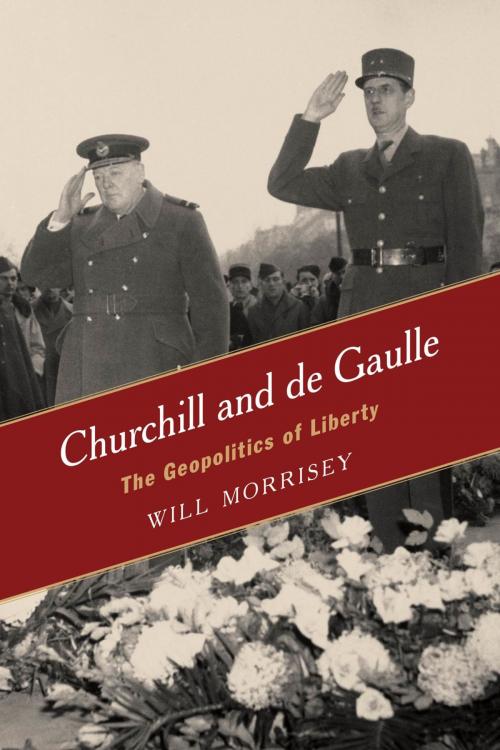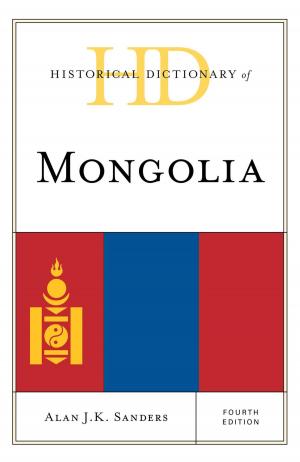Churchill and de Gaulle
The Geopolitics of Liberty
Nonfiction, History, Western Europe, Social & Cultural Studies, Political Science, Politics, History & Theory, International| Author: | Will Morrisey | ISBN: | 9781442241206 |
| Publisher: | Rowman & Littlefield Publishers | Publication: | November 20, 2014 |
| Imprint: | Rowman & Littlefield Publishers | Language: | English |
| Author: | Will Morrisey |
| ISBN: | 9781442241206 |
| Publisher: | Rowman & Littlefield Publishers |
| Publication: | November 20, 2014 |
| Imprint: | Rowman & Littlefield Publishers |
| Language: | English |
This powerful book provides a nuanced comparison of Winston Churchill and Charles de Gaulle as they thought, spoke, and acted through two world wars and the subsequent Cold War. Will Morrisey frames geopolitics as the realm of necessity, and his book will help those who want to learn the art of statesmanship from two of its most accomplished practitioners. Morrisey credits their success in defending political liberty to their ability to frame successful geopolitical strategies. As leaders in and out of power, they defended their countries against the rising superpowers of the twentieth century: the tyrannies of Germany and the Soviet Union, but also, in a different way, the challenge of America’s rise to worldwide stature and eventual dominance.
Along with these similarities, there were two crucial differences: Churchill stood at the head of a maritime nation while de Gaulle led a land power situated on the dangerous northern European plain; Churchill enjoyed a stable political foundation and concentrated his attention on its defense while de Gaulle needed first to build such a foundation, even as he defended ill-founded regimes. Both leaders understood their supreme task to be the protection of their citizens as civil or political beings who should not be subject to tyranny. Although geopolitics focuses the attention of statesmen on political realities, Churchill and de Gaulle showed how moral principle and prudence can continue to widen the scope of human liberty. Although the world is vastly different today, this nuanced book shows how thinking along with these giants of the twentieth century as they responded to the crises of their own time will make us more thoughtful citizens now and in the future.
This powerful book provides a nuanced comparison of Winston Churchill and Charles de Gaulle as they thought, spoke, and acted through two world wars and the subsequent Cold War. Will Morrisey frames geopolitics as the realm of necessity, and his book will help those who want to learn the art of statesmanship from two of its most accomplished practitioners. Morrisey credits their success in defending political liberty to their ability to frame successful geopolitical strategies. As leaders in and out of power, they defended their countries against the rising superpowers of the twentieth century: the tyrannies of Germany and the Soviet Union, but also, in a different way, the challenge of America’s rise to worldwide stature and eventual dominance.
Along with these similarities, there were two crucial differences: Churchill stood at the head of a maritime nation while de Gaulle led a land power situated on the dangerous northern European plain; Churchill enjoyed a stable political foundation and concentrated his attention on its defense while de Gaulle needed first to build such a foundation, even as he defended ill-founded regimes. Both leaders understood their supreme task to be the protection of their citizens as civil or political beings who should not be subject to tyranny. Although geopolitics focuses the attention of statesmen on political realities, Churchill and de Gaulle showed how moral principle and prudence can continue to widen the scope of human liberty. Although the world is vastly different today, this nuanced book shows how thinking along with these giants of the twentieth century as they responded to the crises of their own time will make us more thoughtful citizens now and in the future.















